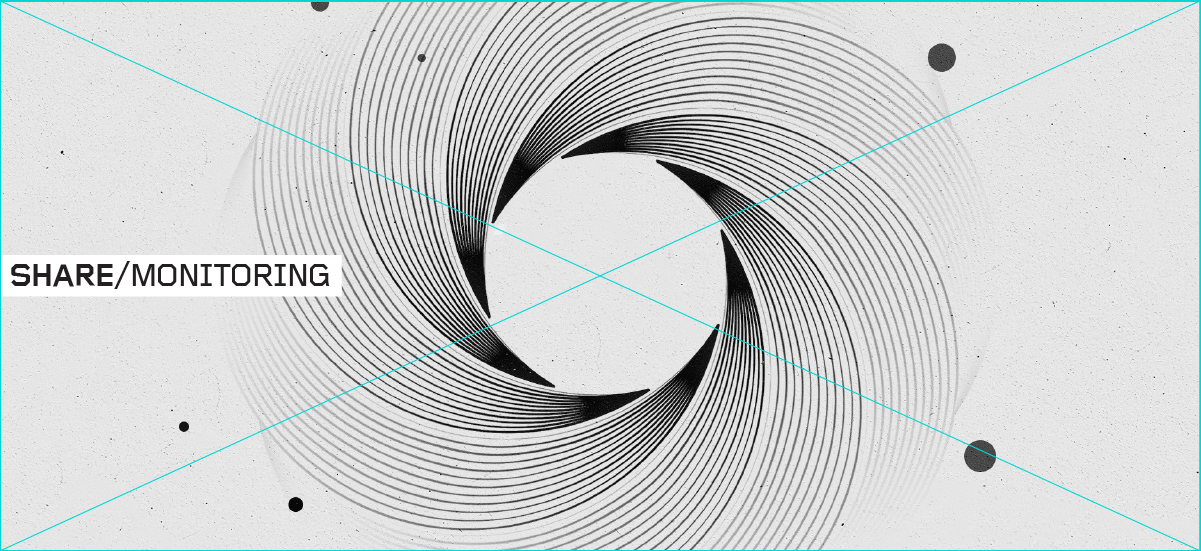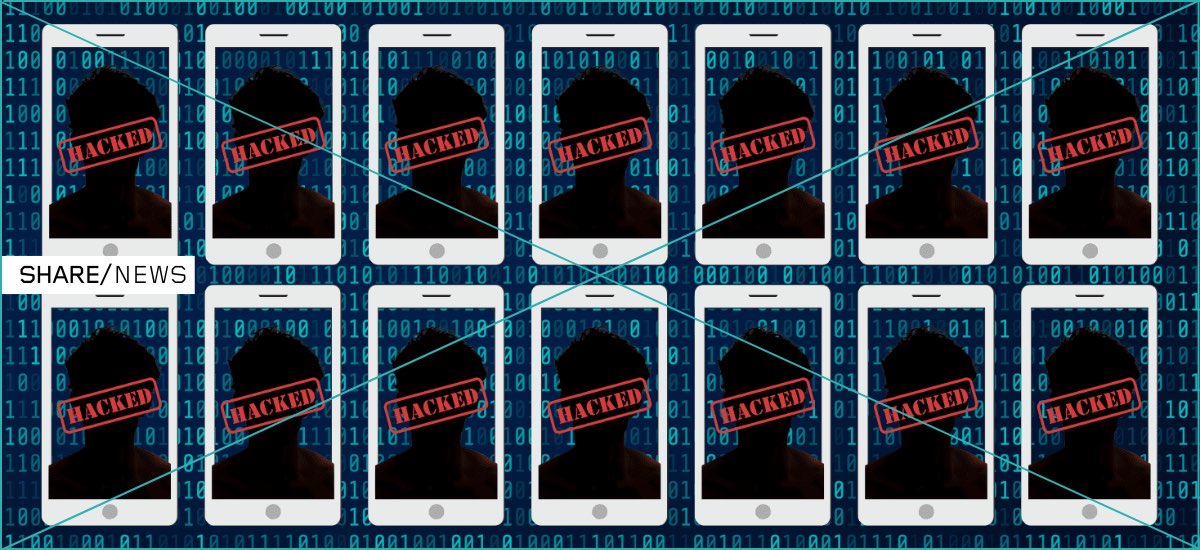News

Digital rights falter amid political and social unrest
SHARE Foundation and Balkan Investigative Reporting Network – BIRN, which have been monitoring the state of digital rights and freedoms in Bosnia and Herzegovina, Croatia, Hungary, North Macedonia, Romania and Serbia since 2019, published a report on the violations of human rights and freedoms in the digital environment in the context of social and political unrest. From August 2019 to December 2020, the regional monitoring recorded more than 800 digital rights violations in an interactive online database.
Journalists, civil society activists, officials and the general public have faced vicious attacks – including verbal abuse, trolling, smear campaigns and pressure to retract content – in response to publishing information online. Many of our data were compromised and our privacy increasingly endangered with widespread surveillance, especially during the pandemic.
BIRN and SHARE took an interdisciplinary approach and looked at the problems from a legal, political, tech and societal aspect in order to show the complexity of cases in which the violations of digital rights and freedoms occur. Most online violations, a total of 375, were related to pressures because of online activities or speech, which includes threats, insults, unfounded accusations, hate speech, discrimination, etc. These issues create an atmosphere dominated by fear and hatred, which makes vulnerable communities such as LGBT+ or migrants subjected to additional attacks.
The main trends highlighted in the report are:
- Democratic elections being undermined
- Public service websites being hacked
- The provocation and exploitation of social unrest
- Spreading of conspiracy theories and pseudo-information
- Online hatred leaving vulnerable people more isolated
- Tech shortcuts failing to solve complex societal problems
Report findings show the need for legislative, political and social changes in monitored countries – the digital evolution must be viewed as a set of mechanisms and tools which primarily have to serve the needs of the people. The COVID-19 pandemic has proven that an open, free and affordable internet is absolutely essential in times of crisis. Only by insisting on accountability for digital rights breaches and providing education on the risks and possibilities of the digital environment can we hope to create a progressive, open and tolerant society.



